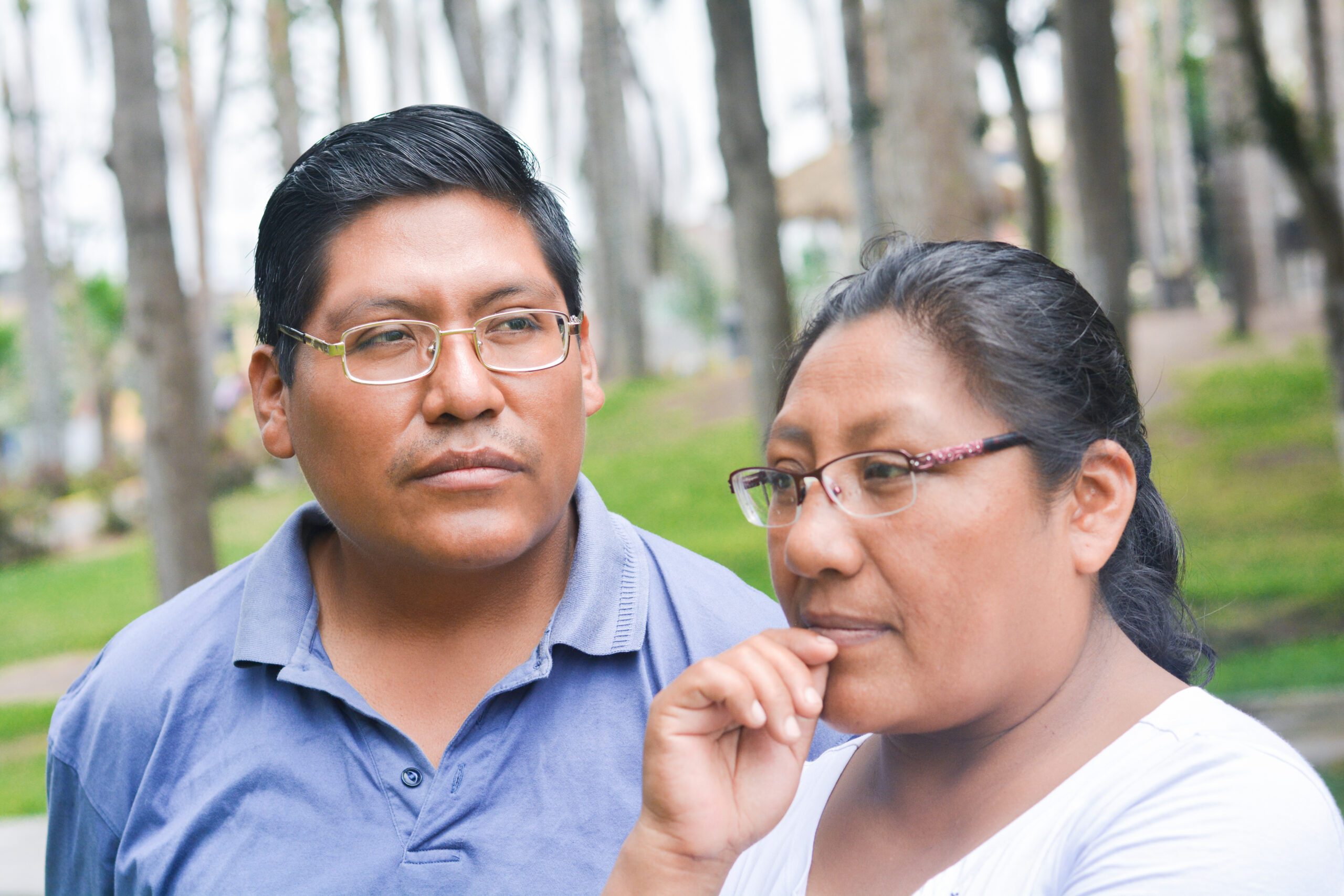Most articles about substance abuse tend to focus on one particular substance or another. They may explore alcohol addiction or dependence on opioid pain medications and the risks and consequences associated with those substances.
The reality is that addiction is rarely neat and orderly and many people find themselves addicted to more than one substance. It isn’t uncommon to see people with substance use disorders that even straddle different categories of substance. When more than one substance is involved in an addiction, this is known as polysubstance abuse.
This Cottonwood Tuscon article focuses on polysubstance abuse and the unique challenges and risks that come with being physically and psychologically dependent on more than one drug.
Polysubstance Use vs. Polysubstance Abuse
The truth is that most of us use different substances. Even people without substance use disorders may drink alcohol recreationally and enjoy a cup of coffee in the morning to wake up. Alcohol and caffeine are two different psychoactive substances. Therefore this constitutes polysubstance use.
The answer to why people use different substances in this way is simple. They want different effects. A casual, responsible drinker may want to relax a little on a weekend night and be sharp and alert on Monday morning. That’s easy enough to understand.
But how does a person who drinks to excess also become addicted to cocaine? Why does a person who began their addiction with opioids turn to alcohol? When does use become abuse and why do people wander from their initial “drug of choice”?
When does polysubstance use become polysubstance abuse?
- Substance use becomes abuse when a person begins chasing intoxication. For example, drinking to get drunk instead of just casually or socially.
- Use can cross into abuse when a person develops a tolerance from regular or daily use and finds themselves misusing a prescribed medication or combining it with alcohol or other drugs.
- Polysubstance abuse is about more than just quantity — it is also about a person’s relationship with substance(s). When a drink or a drug becomes important, especially so important that many other things will be sacrificed for it — this is a sign of substance abuse or addiction.
How Does Polysubstance Abuse Develop?
Like all forms of addiction, polysubstance abuse is insidious and sneaky in a sense. It often takes root and begins doing damage to a person’s physical and mental health and well-being long before they are aware of just how wrong things have gone.
One of the most common ways polysubstance abuse develops is when people experiment with drugs while they are under the disinhibiting effects of alcohol. Ask 10 people when they first used a drug other than alcohol and more than half of them will tell you they were under the influence of alcohol when they did it. Whether it’s marijuana, cocaine, or meth — alcohol is perhaps the mother of all “gateway drugs”.
Another way in which polysubstance abuse develops is substitution or compensation. For example, a person who prefers benzodiazepines like Xanax may turn to alcohol when benzos are unavailable. Then that may result in them using both alcohol and Xanax together later on.
People who abuse opioids may seek out stimulants like crack cocaine or meth so they can continue to use opioids without “nodding out” and being asleep for most of the time they are high. Do this a few times and that pattern or polysubstance abuse becomes a habit and even the preferred way of doing things.
Polysubstance abuse sometimes arises when a person can’t get enough of their “drug of choice”. For example, a chronic cannabis user cannot get enough marijuana, so they turn to alcohol to intensify their level of intoxication.
Alcohol: The Mother of All Gateway Drugs
The U.S. has had a dysfunctional relationship with alcohol for hundreds of years. While awareness of alcohol addiction is at an all-time high and drinking has declined, alcoholism remains a costly problem in more ways than one. One problem people often don’t consider when it comes to alcohol is its role as a “gateway drug”.
So-called gateway drugs are substances that people often try first and that open the door to misusing other substances. Marijuana is most often cited as a gateway drug — but the truth is that alcohol plays that part even more often than pot does. Gateway drugs are also a common precursor to polysubstance abuse.
People are often introduced to cocaine and other drugs while they are already drinking. Alcohol is truly the mother of all “gateway drugs” and it’s easy to see why. It’s the most socially acceptable drug in our society and it’s legal and easy to access, even when you’re underage.
More importantly, alcohol is not only plentiful and widely accepted (or at least tolerated) — it also has a marked effect on inhibitions. Almost anyone who drinks enough alcohol will find themselves at least somewhat disinhibited. Let’s face it, this effect is one of the reasons people drink in the first place.
The problem of course is that this disinhibition also compromises your judgement. It makes people more likely to take risks they wouldn’t when sober. Among those risks are driving while intoxicated, having unprotected sex, and experimenting with polysubstance use.
How alcohol helps promote polysubstance abuse:
- Alcohol lowers inhibitions which can increase risk-taking behavior.
- People sometimes settle for alcohol when a “drug of choice” is unavailable.
- People combine drugs with alcohol to magnify the intoxicating effects.
- People seek out stimulants like cocaine or meth to stay awake and drink more.
Overcome Polysubstance Abuse with Our Help
Addiction rarely feels like a conscious choice. When you are obsessed and feel compelled to use a substance — logic, and reason often aren’t enough to help you stop. But if you recognize that you need help from outside of yourself and that willpower will not suffice — you are on the precipice of the first of the twelve steps of addiction recovery. Admitting you are powerless — the only way to go from there is up.
The help you need to overcome polysubstance abuse is just a phone call away. — Cottonwood Tucson’s nationally recognized treatment program has the specialized treatment you need to live the life you deserve.
Build your new life in sobriety on our 35-acre campus in Arizona’s beautiful Sonoran Desert.Call us anytime at (888) 727-0441.






